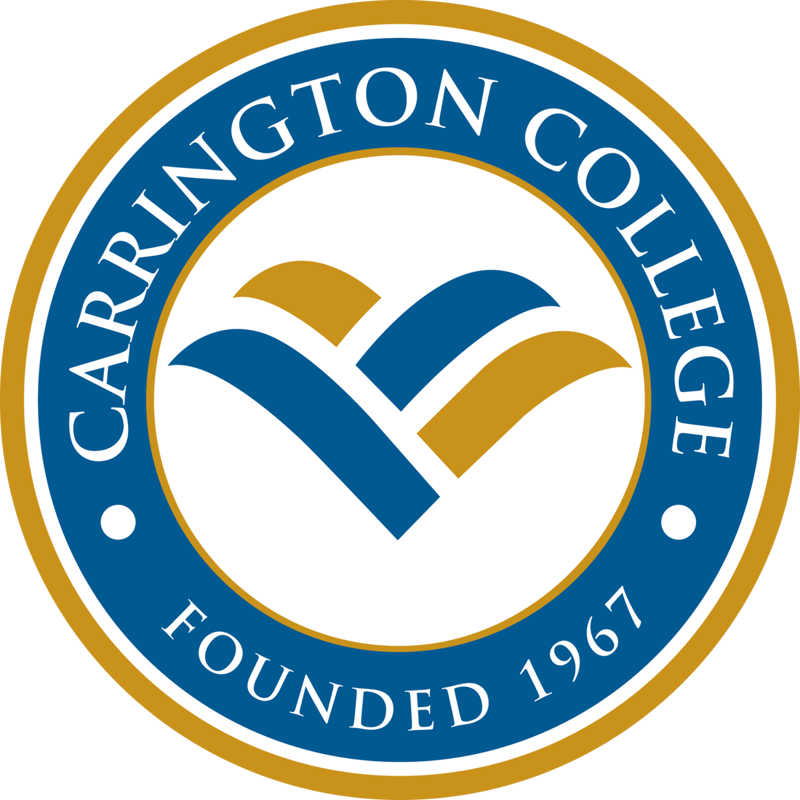
$173 to start
$2,200 total

Financial aid (may be available)

Financial aid (may be available)

Financial aid (may be available)
Rivier University's Graduate Nursing program is renowned for its exceptional healthcare education. It offers aspiring nurses an ideal platform to acquire advanced nursing skills. The program provides state-of-the-art equipment and learning resources that perfectly simulate a real-world clinical environment. With a faculty of distinguished educators, students can seamlessly gain practical and theoretical knowledge. The rigorous curriculum aligns with industry requirements, facilitating a smooth transition from academics to professional nursing. The program is nationally accredited, giving their degree significant value and opening up better employment opportunities. Choose Rivier University for a world-class healthcare education that shapes compassionate and competent nurses of the future.
No cost info
No cost info
No cost info
No cost info
No cost info
No cost info
Rivier University's Graduate Nursing program is highly regarded for its focus on healthcare specialization. The curriculum is designed to enhance critical thinking, decision-making, and clinical skills for aspiring healthcare professionals. The program emphasizes real-world applications through clinical placements in top healthcare institutions. The experienced faculty members provide personalized attention to students due to the small class sizes. The program has a strong track record of high NCLEX pass rates and impressive job placements, demonstrating the quality of Rivier University's nursing graduates. The program's unique teaching approach effectively prepares students for the complexities of healthcare practice, shaping them into competent and compassionate nursing professionals. Overall, Rivier University's Graduate Nursing program is a prime example of vocational excellence.
No cost info
No cost info
No cost info
Beginning a career in health as a Licensed Vocational Nurse (LVN/LPN) requires suitable licensing credentials. To secure these, you must undertake and successfully complete a state-approved nursing program, such as the one offered by Boise State University. Following this, you are expected to pass the National Council Licensure Examination for Practical Nurses (NCLEX-PN). Upon passing this exam, you receive a license, solidifying your legitimacy to practice professionally within that state. Note, however, that your license may not transfer across various states without an endorsement from the destination state. Please understand that your license must remain active, necessitating regular renewal via the state's Nursing Board. Notably, the perpetual validity of your license can be threatened by cases of professional negligence, medical malpractices, or criminal convictions, potentially resulting in suspension or revocation. Therefore, it's critical for you to uphold your professional integrity, never take more than you give, and wear your LVN/LPN license with honor at all times.
No cost info
Are you interested in pursuing a career in nursing? Graduate nursing classes can provide you with the training and education you need to become a registered nurse. Whether you are looking to start a new career or advance in your current field, graduate nursing classes can open up a world of opportunities. In this blog post, we will explore what it takes to become a graduate nurse, the training requirements, what to look for in a class, what to expect from the day-to-day class, the certification process, how to find related jobs, and other classes you can take after becoming a graduate nurse.

Graduate nursing classes are designed for individuals who already have a bachelor's degree in nursing or a related field. These classes provide advanced training and education to help nurses enhance their skills and knowledge. By completing graduate nursing classes, you can become eligible for higher-level nursing positions, such as nurse practitioner, nurse anesthetist, or nurse educator.
A graduate nurse is a registered nurse who has completed a bachelor's degree in nursing or a related field and has obtained a nursing license. Graduate nursing classes can provide additional training and education to help nurses develop specialized skills and knowledge in a specific area of nursing.
To become a graduate nurse, you must first complete a bachelor's degree in nursing or a related field. After completing your degree, you must pass the National Council Licensure Examination for Registered Nurses (NCLEX-RN) to obtain your nursing license. Once you have obtained your license, you can then enroll in graduate nursing classes to further your education and training.
When choosing a graduate nursing class, it is important to consider several factors to ensure you are selecting the right program for your needs. Here are some things to look for:
Graduate nursing classes typically involve a combination of classroom lectures, laboratory work, and clinical rotations. In the classroom, you will learn advanced nursing concepts and theories. In the laboratory, you will practice skills such as patient assessment and medication administration. During clinical rotations, you will work directly with patients under the supervision of a registered nurse or instructor.
After completing your graduate nursing classes, you may choose to pursue certification in your specialized area of nursing. Certification is not required to practice as a registered nurse, but it can demonstrate your expertise and enhance your career opportunities. The certification process typically involves passing an exam and meeting certain eligibility requirements, such as a certain number of clinical hours or years of experience.
Once you have completed your graduate nursing classes and obtained your certification, you can start looking for related job opportunities. Here are some ways to find nursing jobs:
After becoming a graduate nurse, you may choose to further your education and expand your career options by taking additional classes. Here are some other vocational classes you may consider:
Graduate nursing classes can provide the training and education you need to advance in your nursing career. By pursuing graduate nursing classes, you can develop specialized skills and knowledge that will set you apart in the job market. Remember to research different programs, consider your career goals, and take advantage of networking opportunities to find the best class for you. Good luck on your journey to becoming a graduate nurse!
For more information on vocational training programs in Idaho, visit Dreambound. Dreambound is the largest platform for students to find vocational training programs, such as allied health or industrial trades. Dreambound's mission is to provide all the information students need to find the perfect class.
Dreambound's extensive guides dig into the specific requirements and challenges that are different for each city in the US. Check out some of our other guides below:
Contemplating a transition in your career or exploring various professional paths? Dreambound has written comprehensive guides on nearly every type of program to aid you in your decision.
Dreambound's platform allows prospective students to find the right educational program for them through searching, filtering, and connecting with our extensive selection of career & technical education partners.
Dreambound has over 70 programs across healthcare, technology, business, and industrial trades. This includes programs such as Medical Billing, Cybersecurity, and welding.
Some of our schools offer financial aid for those who qualify. Many others offer payment plans, where you can pay the cost of class over time.
Yes, Dreambound offers many online programs. On Dreambound's search, you can filter by online, in-person, and hybrid (part online, part in-person).
Dreambound is completely free for you to use! We are supported by schools and organizations who pay to advertise on our website, so we can offer all of our career resources for free.